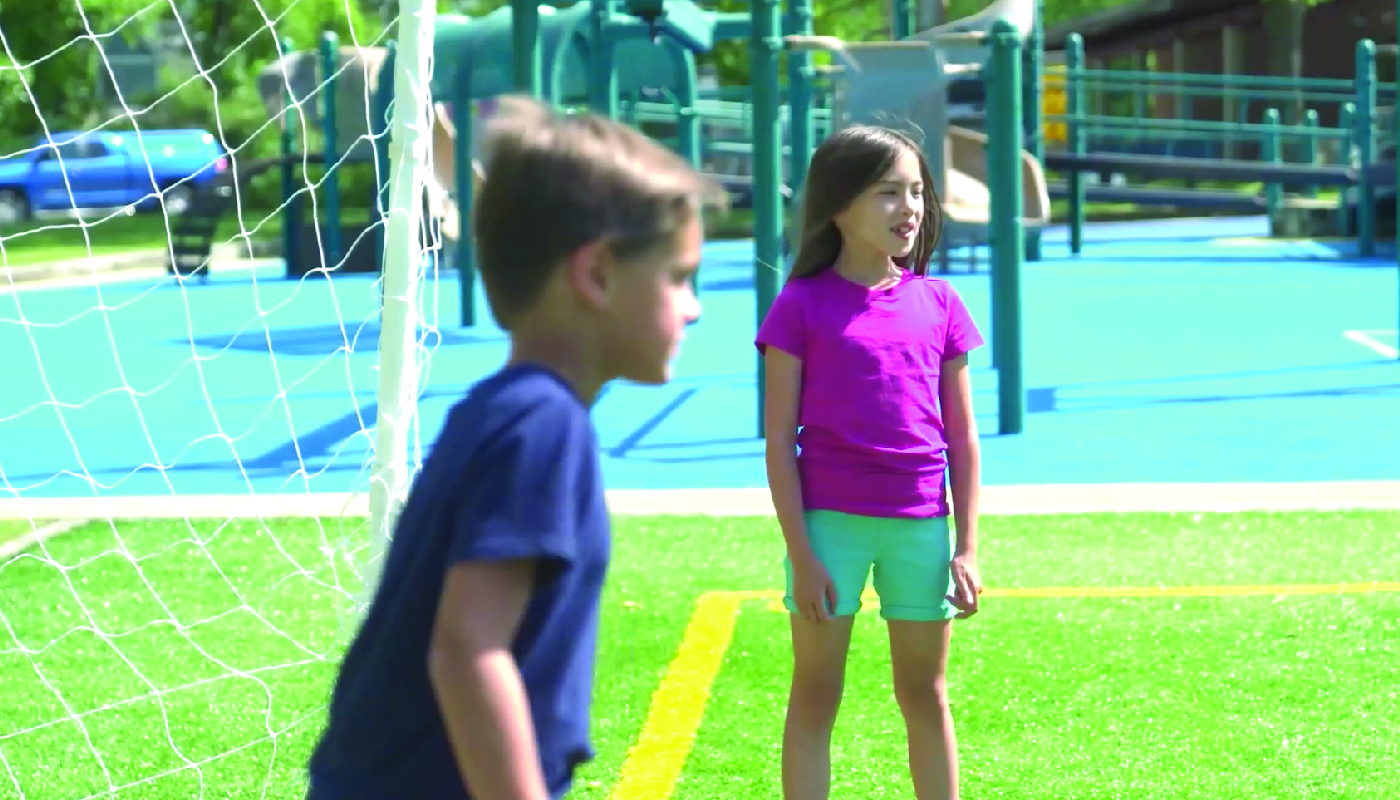
Introduction
Recess is an essential part of a student’s day, providing them with the opportunity to socialize, engage in physical activity, and develop important life skills. One such skill is being a good sport. When students exhibit good sportsmanship, they demonstrate a positive attitude, follow the rules, support others, and accept losses without getting overly upset. This blog post will explore a no-prep activity, discussion questions, and related skills to help educators teach students how to be good sports at recess.
No-Prep Activity: The Compliment Circle
To encourage good sportsmanship among students, try this simple, no-prep activity called the Compliment Circle. After a game or activity, have students form a circle. Going around the circle, each student will share one compliment or positive comment about the person to their right. This could be related to their performance during the game, their attitude, or a specific action they took. The goal is to promote positivity, support, and encouragement among peers. This activity can help students learn to appreciate the efforts and contributions of others, even in the face of defeat.
Discussion Questions
- Why is it important to have a positive attitude when playing games or participating in activities at recess?
- How can supporting and cheering on our friends make the experience more enjoyable for everyone?
- What are some examples of playing by the rules and demonstrating fair play at recess?
- How do you think others feel when someone is not being a good sport during a game or activity?
- What strategies can you use to help you stay positive and be a good sport when things don’t go your way?
Related Skills
Beyond being a good sport, other relevant skills students can develop during recess include:
- Conflict resolution: Learning how to handle disagreements and find fair solutions when conflicts arise.
- Teamwork: Working together with peers to achieve a common goal, sharing responsibilities, and supporting each other.
- Communication: Expressing thoughts, feelings, and ideas clearly and respectfully, and actively listening to others.
- Empathy: Understanding and sharing the feelings of others, and showing compassion and support during difficult moments.
- Resilience: Bouncing back from setbacks and disappointments, and developing the ability to adapt and cope with challenges.
Next Steps
Teaching students to be good sports at recess is an important aspect of their social-emotional development. By incorporating the no-prep activity, discussion questions, and related skills mentioned in this post, educators can help students foster a positive attitude, support their peers, and play by the rules. To explore more resources and strategies for teaching these essential skills, sign up for free sample materials from Everyday Speech. These resources can help educators create a more inclusive and supportive environment for all students during recess and beyond.

